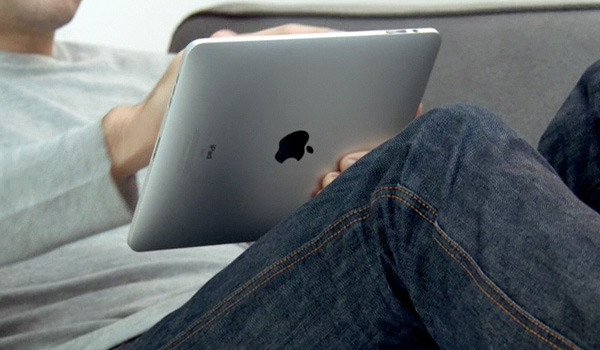 At the time of writing, the iPad 3 was slated to be released on March 7, replacing the hugely successful iPad 2 which replaced the original iPad. Looking around, tablets seem to be the fastest growing market segment in the history of consumer tech – and it doesn’t seem to be slowing down anytime soon.
At the time of writing, the iPad 3 was slated to be released on March 7, replacing the hugely successful iPad 2 which replaced the original iPad. Looking around, tablets seem to be the fastest growing market segment in the history of consumer tech – and it doesn’t seem to be slowing down anytime soon.
And now, as if it were a game of catch, the laptop is making a comeback with Intel’s new Ultrabook initiatives. Manufacturers all over the globe are releasing new Ultrabooks to feed the hungry-again masses, and sales is forecasted to be at 7% for this year, and 20% for 2013 (Merryl Lynch, Bank of America)
By looking at the trends and developments, it certainly seems like we are well on track to becoming fully connected mobile warriors; with smartphones doubling as MP3 players and mobile hotspots, tablets as convenient e-book readers and portable HD video players, and ultrabooks to do the rest. All in the name of “work and play, full internet and computing capabilities, anywhere and everywhere” to “boost productivity and expand creativity”.
Let’s take another look at the situation though – are these devices really boosting work productivity? A quick check online shows that Games on the iOS App Store comprise 17.4% of total apps, as opposed to Productivity at 2.6%. Look around at anyone holding a smartphone or tablet – it’s most likely a game or social media app they’re tapping on. Hop into a café, check out anyone using a laptop/ultrabook; chances are, you’ll either see 9Gag or Facebook instead of an Excel spreadsheet or Word document. Maybe the onslaught of mobile devices has made us play more games, instead of getting work done.
But then again, I could be wrong. Perhaps our generation has learnt to multitask so efficiently in the office that we have a lot of extra time to rest, relax and enjoy the digital world outside of office hours.



